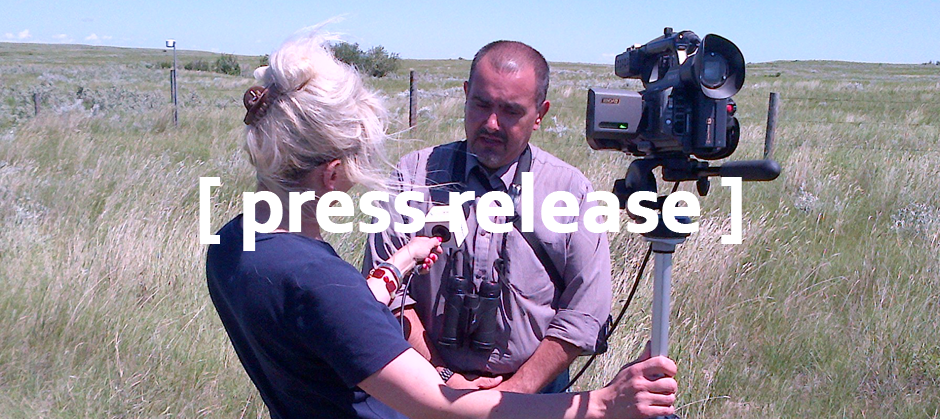Act Now to Save Ostrander Point
The Appeal of the Ontario Government’s Approval of a Renewable Energy Permit to build a nine turbine industrial wind energy plant within the Ostrander Point Crown Land Block within terrestrial part of the Prince Edward County South Shore Important Bird Area is nearing a decision. Ted Cheskey, Manager of Bird Conservation Programs with Nature Canada testified independently as an expert witness at the request of the PECFN. Natalie Smith, one of the lawyers working on behalf of the Appellant, the Prince Edward County Field Naturalists (PECFN), has provided the following update on the hearing, for which a judgement is scheduled for rendering in July. We encourage you to generously support the campaign fund of the PECFN by visiting their campaign website.
“May 9, 2013 marked the end of a two-month long hearing before the Environmental Review Tribunal in a case dealing with an appeal of a Renewable Energy Approval (REA) granted to Gilead Power (the Approval Holder) to construct and operate a 9-wind turbine generator in one of Ontario’s most ecologically sensitive locations – Ostrander Point. Ostrander Point lies in the heart of the South Shore Important Bird Area, is rich in biodiversity, and provides suitable habitat for several species of concern, both resident and migratory.
The Appellant, the Prince Edward County Field Naturalists (PECFN), called nine witnesses to give expert opinion evidence on “serious and irreversible harm to plant life, animal life or the natural environment”, the legal threshold that must be satisfied under the Ontario Environmental Protection Act. The Appellant’s experts provided detailed accounts of the manifold negative consequences the Project will have on birds, bats, Blanding’s turtles (a threatened species), Monarch butterflies (a species of special concern), and a rare and globally imperiled ecosystem known as alvar. The authority responsible for granting the REA, the Director, Ministry of the Environment, called four witnesses to give evidence on the relevant regulatory requirements and how they were ostensibly discharged in the present case. The Approval Holder called four witnesses from Stantec, the consulting company contracted to carry out environmental surveys at the Project Site, and seven expert witnesses to challenge the Appellant’s assertion of serious and irreversible harm that will ensue if the Project goes ahead as approved.
At the present time, the Appellant, Director and the Approval Holder are scheduled to make their oral closing submissions on June 6, 2013 at the Sophiasburg Town Hall in Demorestville. Written submissions are also due at this time. In weighing the evidence presented before it, the Tribunal must determine whether the Project will cause, on a balance of probabilities, serious and irreversible harm to plant life, animal life or the natural environment. In other words, the Tribunal must be persuaded that serious and irreversible harm is more likely to occur than not as a result of the Project (known as the civil standard of proof). The Tribunal must render a decision on or before July 3, 2013. The Parties, as well as many concerned members of the public, will be in eager anticipation of the outcome, an outcome that will be legally precedent setting due to the novel nature of the case.”
*Please note that the above account of events was provided by Natalie at the end of May 2013. Since then, new events have unfolded. We aim to provide an update on this issue in the coming weeks.




